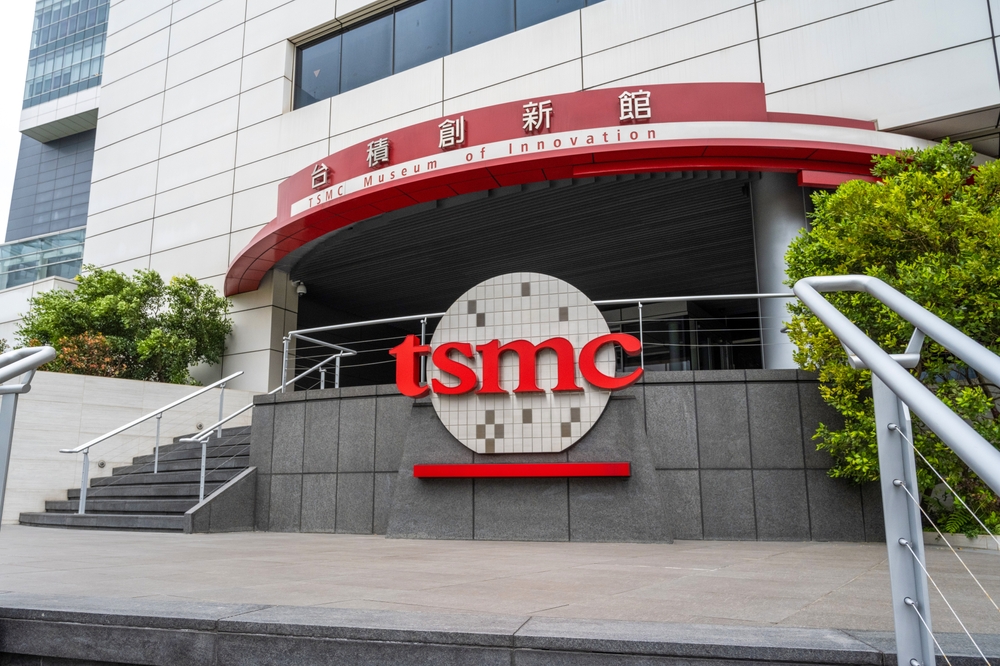Rejection
Lutnick argues that more balanced production would not only reduce the risk of dependency but would even increase Taiwan’s own security. He claims that excessive concentration of chip production on one island is a strategic risk for the entire world. Taiwan, however, firmly rejected the proposal. According to data from CNBC, Cheng Li-chiun, vice premier and chief negotiator, openly stated that the topic was not part of trade talks and remains outside any real discussion. According to her, Taipei is focused on tariffs, exemptions from tariff measures, and the reduction of reciprocal duties, not on restricting its key manufacturing.
Political Tensions
Reactions in Taiwan were sharp. Opposition leader Eric Chu called the proposal exploitation and plunder and reminded: “No one can undermine TSMC or Taiwan’s silicon shield!” This term refers to the theory that Taiwan’s dominant position in chips also serves as insurance against Chinese military aggression – the world simply cannot afford for advanced semiconductor production to go dark. Huang Kuo-chang of the Taiwan People’s Party even spoke of an attempt to hollow out the foundations of Taiwan’s tech sector.
Investment Consequences
For investors, this debate has two dimensions. On one hand, it is clear that the U.S. is striving to build a more robust domestic chip industry, supported by American programs like the CHIPS Act and investments by Intel and TSMC into factories on U.S. soil. On the other hand, TSMC remains an irreplaceable player, controlling roughly 70% of the global foundry market, with know-how that cannot simply be copied or relocated. So, while Washington sees splitting production as an insurance policy, Taipei perceives it as an attempt to weaken its strategic leverage, where TSMC remains the undisputed leader.
Conclusion
Lutnick’s proposal is thus about more than just chips – it is part of a broader struggle for technological dominance, security, and geopolitical balance. For investors and traders, this means that when looking at the semiconductor sector, it is not enough to focus solely on quarterly results. The future of profits today is being written in the negotiation rooms of diplomats.







.jpg)
